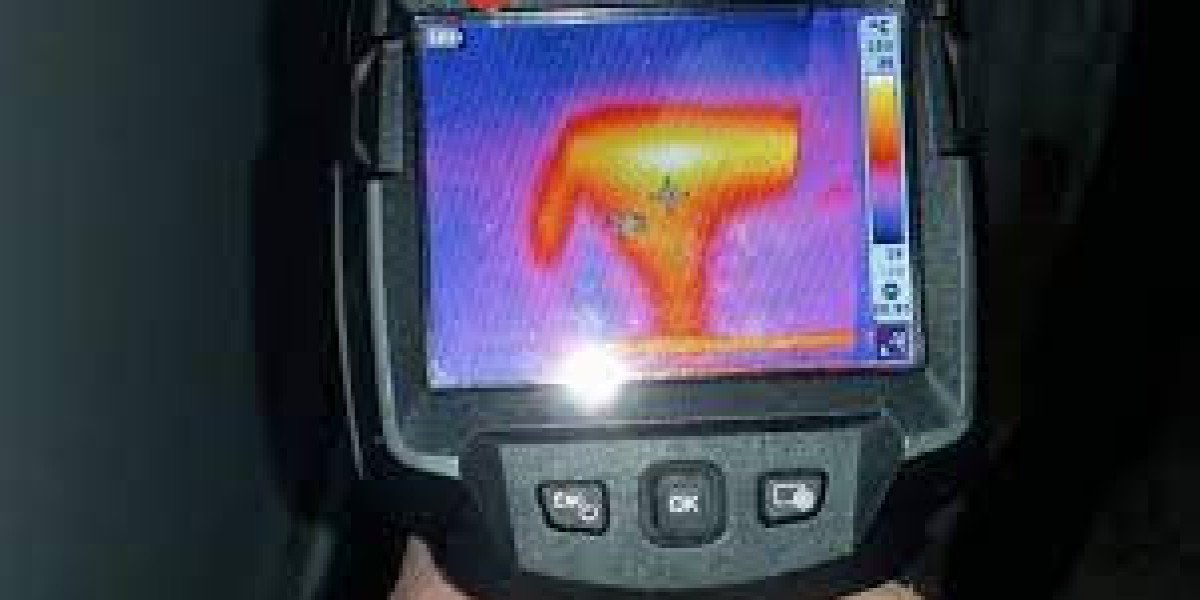Introduction
Forklifts are the workhorses of warehouses, factories, and construction sites, handling heavy loads and streamlining material movement. But like any machine, forklifts are prone to wear and tear—and when they break down, your operations can grind to a halt. That’s why forklift repairs are not just about fixing equipment—they’re about maintaining safety, productivity, and profitability.
In this article, we’ll break down the importance of forklift repairs, common problems to watch for, and how to find the right repair service for your business.
Why Forklift Repairs Are Crucial
Whether you operate a single forklift or manage an entire fleet, regular repair and maintenance offer several key benefits:
Improved Safety: Faulty brakes, hydraulic leaks, or steering issues can cause serious workplace accidents. Timely repairs reduce risk.
Minimized Downtime: A broken forklift can delay shipments and disrupt operations. Fast repairs keep things moving.
Extended Equipment Lifespan: Addressing small issues early prevents larger, more expensive breakdowns.
Regulatory Compliance: OSHA requires that forklifts be in safe working condition. Neglected maintenance can lead to fines or liability.
Common Forklift Issues That Require Repair
Understanding the signs of trouble can help you catch problems early:
1. Hydraulic System Problems
Symptoms: Slow or uneven lifting, leaking fluid
Fix: Replacing hoses, seals, or the hydraulic pump
2. Brake Failure
Symptoms: Squeaking, grinding, or soft pedal response
Fix: Brake pad/shoe replacement, fluid refill, or line repair
3. Electrical Malfunctions
Symptoms: Dead battery, non-responsive controls, or flickering indicators
Fix: Battery testing, wiring repair, or component replacement
4. Steering Issues
Symptoms: Difficulty turning or drifting
Fix: Steering linkage, power steering pump, or axle repair
5. Engine and Transmission Problems
Symptoms: Unusual noises, poor acceleration, overheating
Fix: Tune-ups, fluid changes, or engine component repairs
When Should You Call for Forklift Repairs?
Don’t wait for a complete breakdown. Call a repair technician when you notice:
Warning lights on the dashboard
Leaks under the forklift
Decreased lifting power
Rough handling or strange noises
Failure to start or frequent stalling
It’s also smart to follow a preventive maintenance schedule to catch issues before they become emergencies.
Forklift Repair Services: What to Expect
Professional forklift repair providers offer a range of services:
On-Site Repairs: Mobile technicians who can fix your forklift at your facility
In-Shop Repairs: For more complex fixes or full rebuilds
Routine Maintenance Plans: Scheduled inspections, oil changes, filter replacements, and tune-ups
Parts Replacement: Access to OEM and aftermarket parts for all major brands
Many providers also offer 24/7 emergency repair services to reduce downtime.
Choosing the Right Forklift Repair Provider
Look for a provider that offers:
Certified technicians with experience in multiple forklift brands
Quick response times and mobile repair capability
Transparent pricing and detailed service reports
Parts availability for your forklift model
Service contracts or ongoing maintenance programs
DIY Forklift Repairs: Should You Try It?
While basic maintenance like checking fluid levels or replacing a battery can be done in-house, more complex repairs should always be handled by professionals. Attempting major repairs without the proper training or tools can lead to accidents, equipment damage, and liability risks.
Conclusion
Forklift repairs are an essential part of keeping your operations safe, efficient, and compliant. Whether you notice a minor issue or face a complete breakdown, acting quickly can save you time, money, and stress. Partner with a reliable forklift repair service to ensure your equipment stays in peak condition and your business keeps moving.






